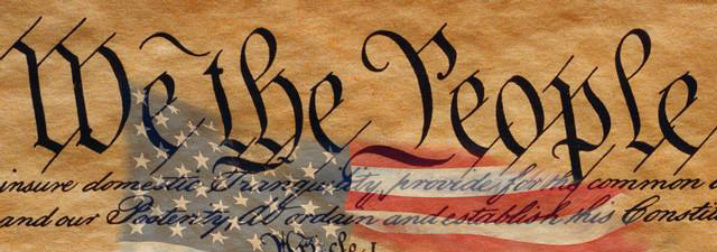
My brother called me Sunday morning from his home in New Mexico. “I’m just checking in to see how you’re doing after the election,” he said in a cheerful voice. I was delighted to hear from him, and since we hadn’t spoken in months, I realized he might not know for sure who I had been rooting for. That’s the way it’s been in this divided country of ours. The subject of politics has been avoided in many families so as not to invoke the ranker and nastiness that has often filled the airways of communications in the large body politic. I know friends who have had to “unfriend” relatives on social media, and others who have done as we have, avoided the topic of the election in conversations on phone, facetime and during our family gatherings on zoom.
In our work for Democratic candidates in Pennsylvania, especially as November 3 rd approached, we were asked to contact three friends or family members and encourage them to vote for our candidates. I understand the value of this concept but, after careful consideration, we declined to do this. First off, our family member are spread across the whole country, in thirteen states if you count only siblings, and their children and grandchildren. Our friends, like us, were all deeply involved in getting out the vote, most for the same national candidates we’ve been working to support.
I’m sorry to have to admit it but we have family members who have given up on our country, who don’t believe that voting ever matters. We have attempted to convince them otherwise, but as far as I can tell, to no avail. Many older members are committed, to use a sports metaphor, to a particular jersey that a candidate must wear in order to deserve their vote. Attempting to point out that a particular candidate, though wearing their favorite jersey, does
not share their values or follow the rules and ethics of the game only ignites a “yes, but” and at best, an agreement to disagree.
We did sign up to talk with potential voters in our own and nearby counties. Due to Covid, these conversations were by phone rather than our usual door to door neighborhood canvasing. Like when walking the neighborhoods and not finding many people home, that same thing occurred when phoning. People did occasionally answer, and some were willing to engage in a conversation. I’m somewhat doubtful that the people I spoke with changed their minds about who they would vote for, but I learned a great deal about what is getting in the way of our country finding a consensus on this, and many other matters.
I listened to people who did not understand the way laws get made or that certain issues are decided at a local level. I listened to people tell me the most outlandish conspiracy theories that, if you believed them, you couldn’t vote for the candidate that is being targeted by them. I listened to people who had no sense of the concept of “the common good.” They saw their vote as a way to further then own lives. The notion of “the economy” is really about how they and their friends are doing economically. And some people were unwilling to say who they were voting for, considering it a private matter.
These disheartening conversations caused me to anticipate the close outcome of the election. Every time I heard, “it will all come down to Pennsylvania,” I thought, oh, god and goddess, I hope not.” But it did. And for now, though the other side is not ready to admit they lost, our side has won.
Our current president admitted, before the outcome was known, that losing was very hard for him. I think facing loss and defeat is hard for everyone. Four years ago my candidate was posed to become the first women president in the history of our country. Many other western and non-western countries had broken that barrier many years ahead of the US, and the dreams of my generation and beyond seemed about to be realized. I felt that loss in my chest, my gut and
my soul. The fact that a woman as highly qualified as anyone who had ever sought the office was defeated by a man who had the lightest of resumes for that office, was especially galling, not to mention that his public disrespect for women gave the women’s march that year their symbol of resistance, “Pussy Hats.”
The political losses of 2016 taught those that faced them to rededicate themselves to what really matters, and in response to that defeat, more women than ever before ran for office and many won. Whatever happens next, in the roller coaster of our fractured and divided citizenry, many losses are ahead for all of us, no matter what side of the isle we tend to stand on. I’m praying that losing, or almost losing what we hold most dear as a people, we will find ways to reach out to those with different views and rededicate ourselves to coming together for the sake of our children, their children, and our nation. It’s clear in the experiment that is the American Democracy, we are still aspiring to become “We the People” and “form a more perfect union.”



